Winter Term AY2022
Topics
- "Common Good Grant Project" Awarded Grants to Support the Local Communities
- SL Studies Series 8 "Service-Learning from the Faculty's Perspective" Published
- Nagasaki Atomic Bomb Exhibition "N-Week"
Contents
- "Employment, Academic Advancement and Service-Learning" SL Ambassador
- Voices of Graduated Students
- "Three ways to learn" Takashi Nishio
- "ISL Coordinator Reflections" Hitomi Yokote
- Message from the Director of SLC
- Editorʼs note
"Employment, Academic Advancement and Service-Learning" SL Ambassador
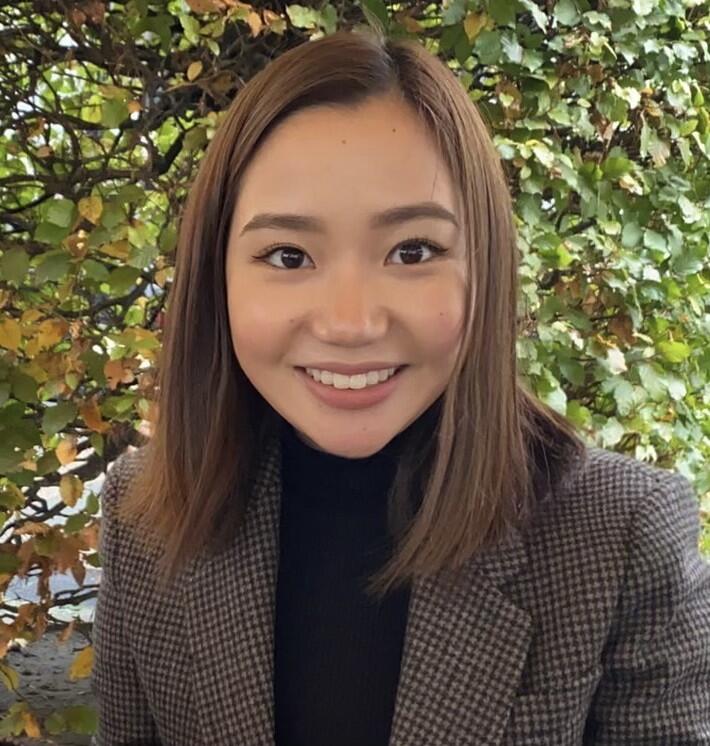 Anna Omine
Anna Omine
Silliman University AY2021
My choice of future course and service-learning
I participated in International Service-Learning program in the Philippines in 2021. When I was in high school, I was undecided about the university I wanted to go to and was unsure of my career path, I became interested in SL and decided to enroll at ICU. In the summer of my junior year of college, I learned about the various issues and current conditions facing the Philippines from local people and interacted with children through activities, albeit online. It was a very educational and fulfilling month, and at the same time, the program made me realize how ignorant and blind I was. This experience made me want to learn more, and I decided to continue my studies in International Relations at ICU's graduate school after my undergraduate degree.
Looking back, I feel that SL has always been a very big part of my career choices. I would like to thank this program for giving me a valuable learning experience, and at the same time, I would like to thank all the people involved in the program. I will continue to study hard and one of my goals is to actually visit the Philippines one day and meet the people I met in this program.
Voices of Graduated Students
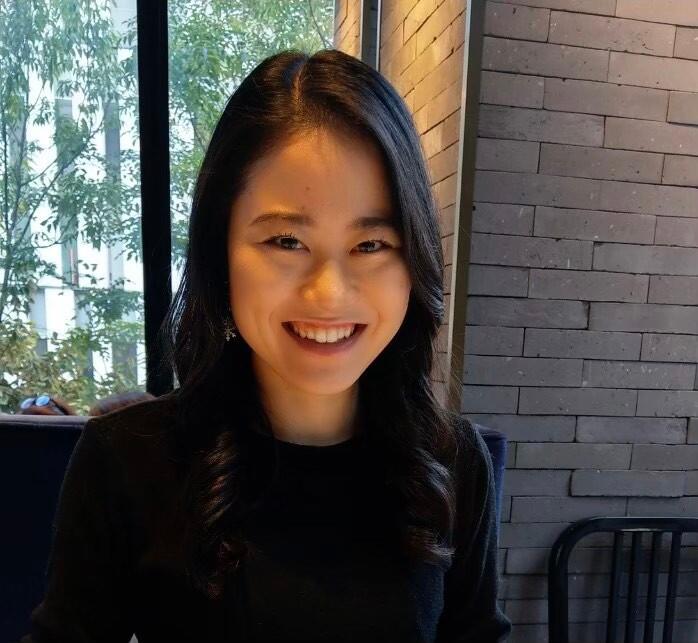 Yumeka Ito
Yumeka Ito
Petra Christian University AY2018
International Ground Staff, Tokyo International Airport (Haneda Airport)
Reflecting on the Present and the SL
I participated in the 2018 SL and engaged in service activities in Indonesia together with students from Indonesia, the Netherlands, Korea, and China to implement several projects to meet the needs of the village.
It was more difficult than I had imagined to work on projects in a foreign country for a month with colleagues I had never met before due to differences in language, culture, and values, and we often struggled with the significance of our activities and positionality. However, through the activities with the team members and our stay in the village it was a valuable experience that changed my values and outlook on life. In addition, I learned more than I was able to contribute to the village, and I encountered more new inquiries than answers through the activities.
After returning to Japan, I deepened my studies by taking a wide range of courses in areas that interested me through SL, such as the Indonesian language, religion, and Southeast Asian politics.
After graduating from ICU, I am currently working as a ground staff member on international flights at Haneda Airport. In performing departure and arrival procedures for passengers of various nationalities, purposes, and destinations every day, I feel that I am making use of my ability to learn about the cultural and political background of each country and to try to understand individual diversity, which I have gained from my experiences and learning at SL. Valuing the attitude I learned at SL of experiencing in the field, finding inquiriess, thinking, and continuing to learn, and I would like to continue my daily life to realize my further dreams and goals.
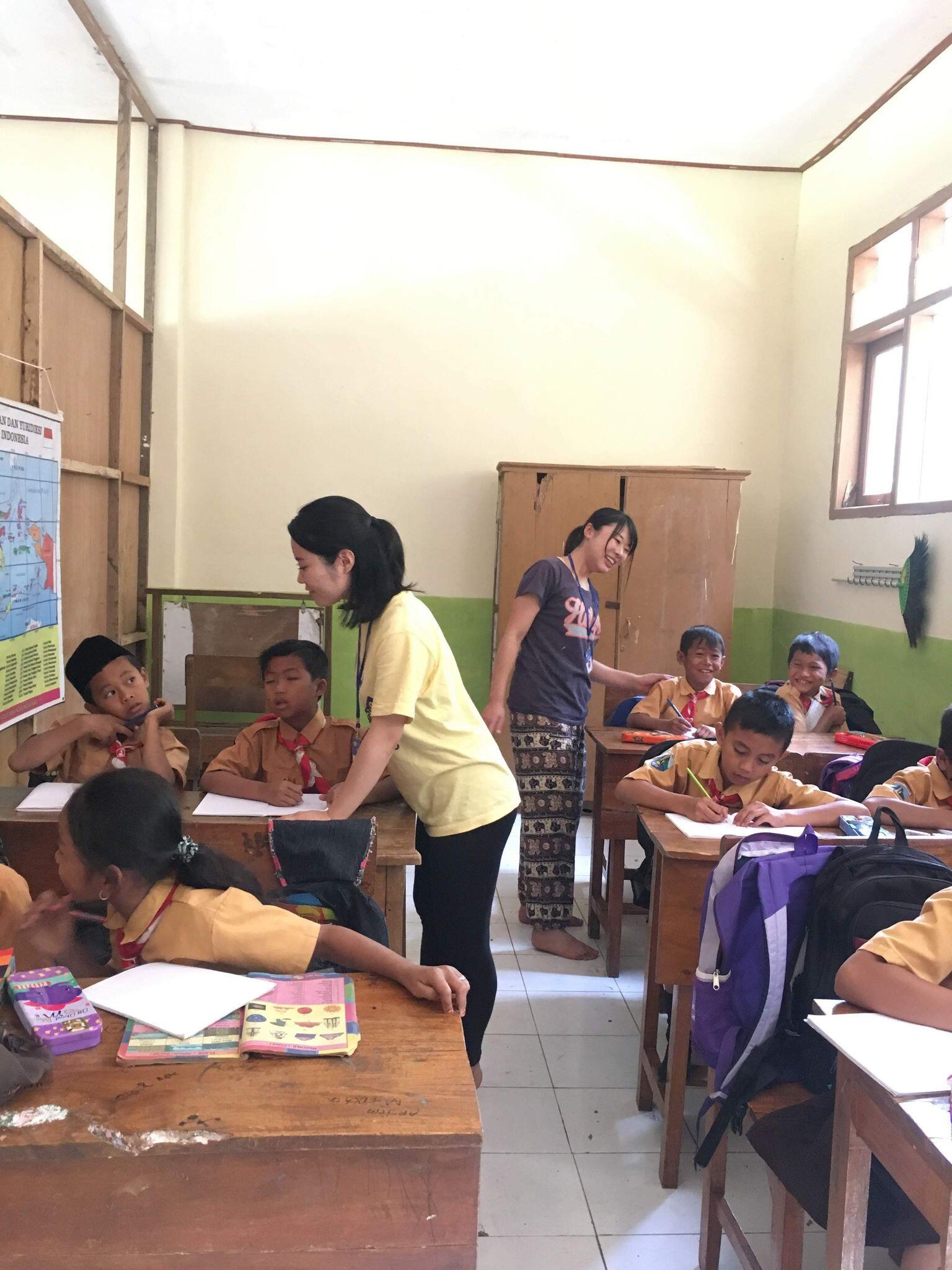
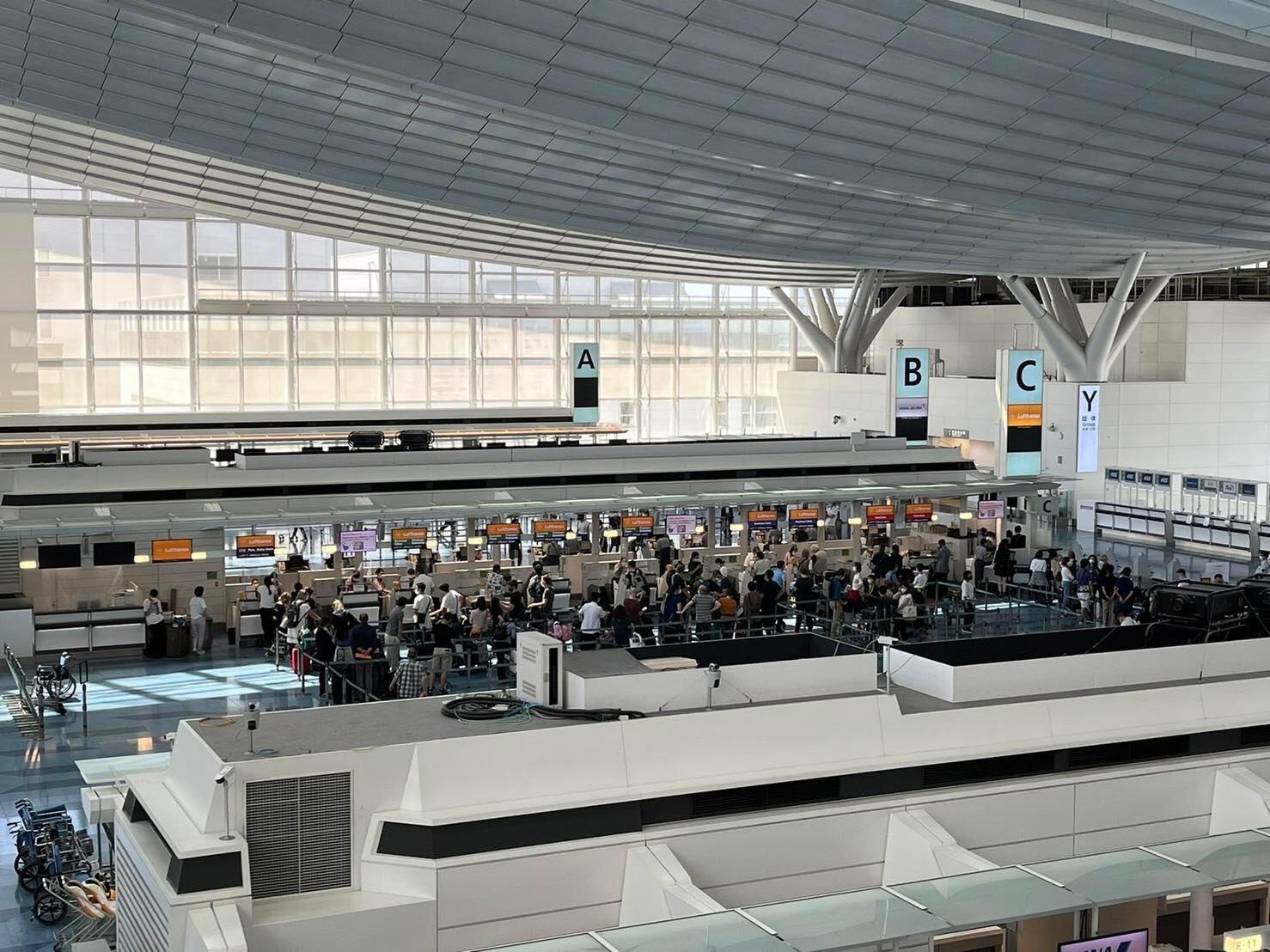
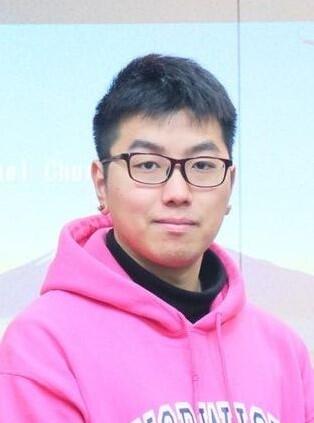 Ayumu Yagi
Ayumu Yagi
Union Christian College AY2017
Doctoral Program, Graduate School of International Cooperation Studies, Kobe University
Looking back on SL
I had been interested in international cooperation since I had a vague desire to “work abroad” and “do something for children”, and I took the first step in the SL Program during the summer of my sophomore year of college. Seeing, hearing, and feeling the lives of Indian people for a month was a fresh and exciting experience for me. On the other hand, despite my enthusiasm to "work for poor children in developing countries," I was faced with a sense of helplessness that I could not leave anything behind. I realized that I could not contribute to people and society without knowledge and skills, and decided to enter graduate school to hone my expertise. I majored in educational economics and learned the concepts and skills to view education quantitatively. At first, I wanted to be a practitioner working hard in the field, but I gradually became attracted to "research," which supports practitioners with evidence. I am now enrolled in a doctoral program and am continuing my research.
You may hear people say that going to India will change your outlook on life. For me, however, going to India "on the SL program" was a major change of direction. Whenever I look back on the SL program, which made me realize that I was a nobody, I wonder what I could do now. I will continue to move forward, step by step, never forgetting the feeling of helplessness I felt back then.
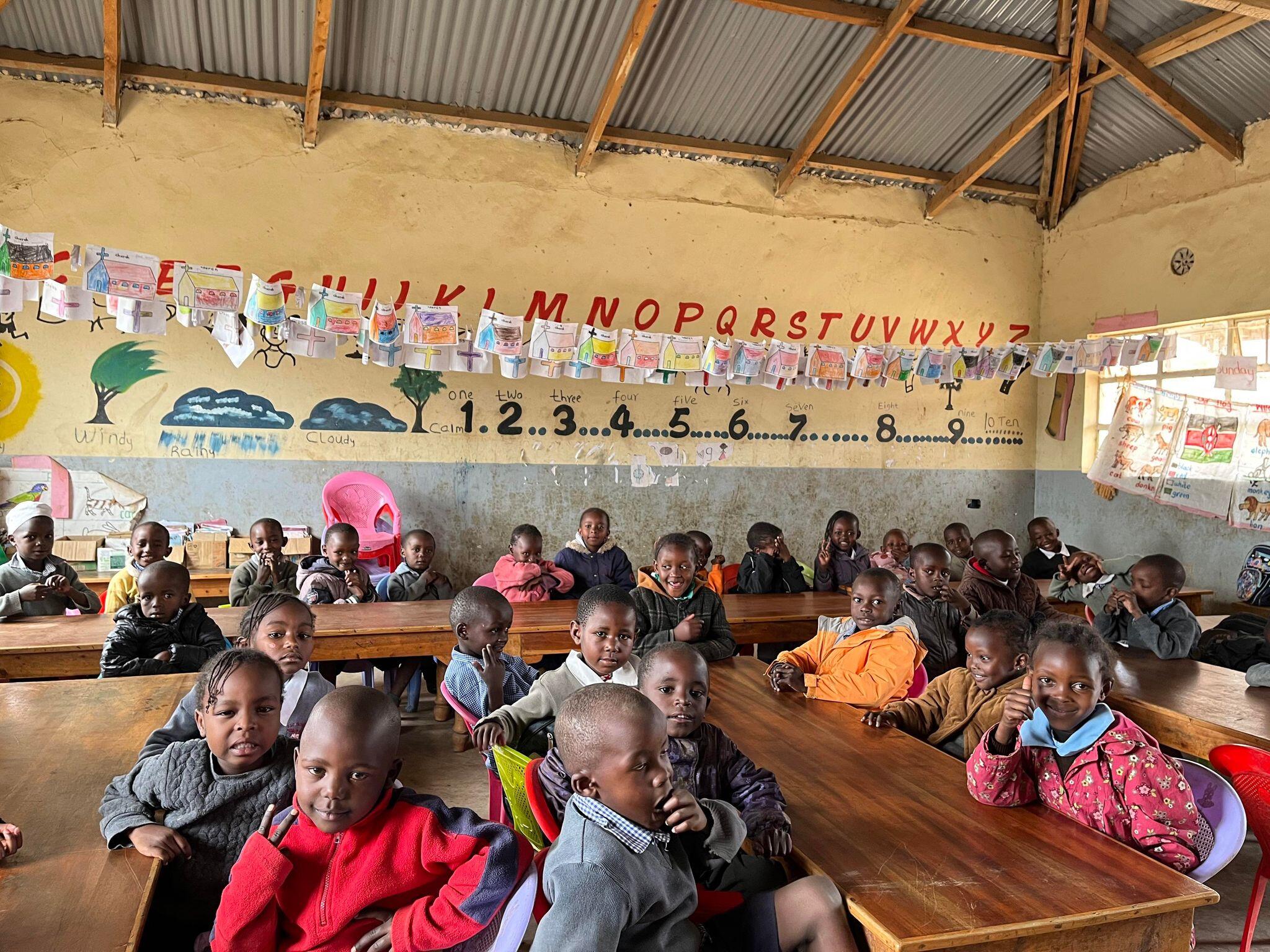
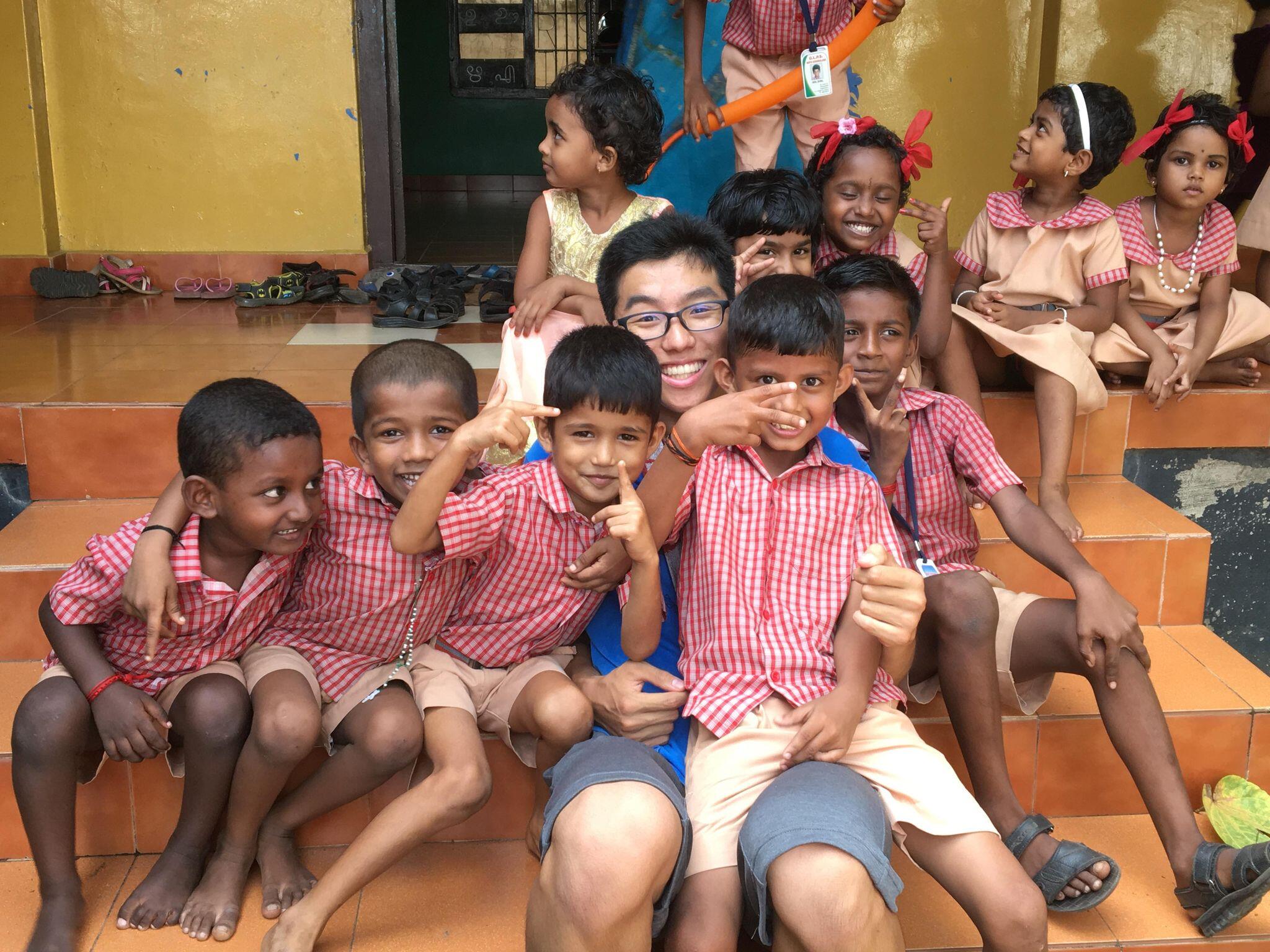
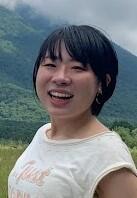 Yuri Fujimoto
Yuri Fujimoto
Petra Christian University AY2018 (SLR205)
The Amity Foundation AY2019 (SLR305)
Sales Department, 47 Holdings Inc.
I have participated in service-learning twice, in 2018 in Mojokerto, Indonesia, helping with local infrastructure and school education, and in 2019 in Nanjing, China, engaged in service activities at elderly and children's facilities.
The service-learning experience was the most rewarding and turning point in my ICU life. Although I was still new to the world at the time, my two service-learning experiences allowed me to experience firsthand the connection and warmth that is unique to the region, and the attitude of tolerance without denying cultural differences.
In my current position, I am engaged in the real estate brokerage business, and I am keenly aware every day of how intolerant and difficult it is for foreigners to rent real estate in Japan. I am working to help property owners understand foreign nationals without prejudice as much as possible so that those who want to rent real estate in Japan can move into properties that will satisfy them.
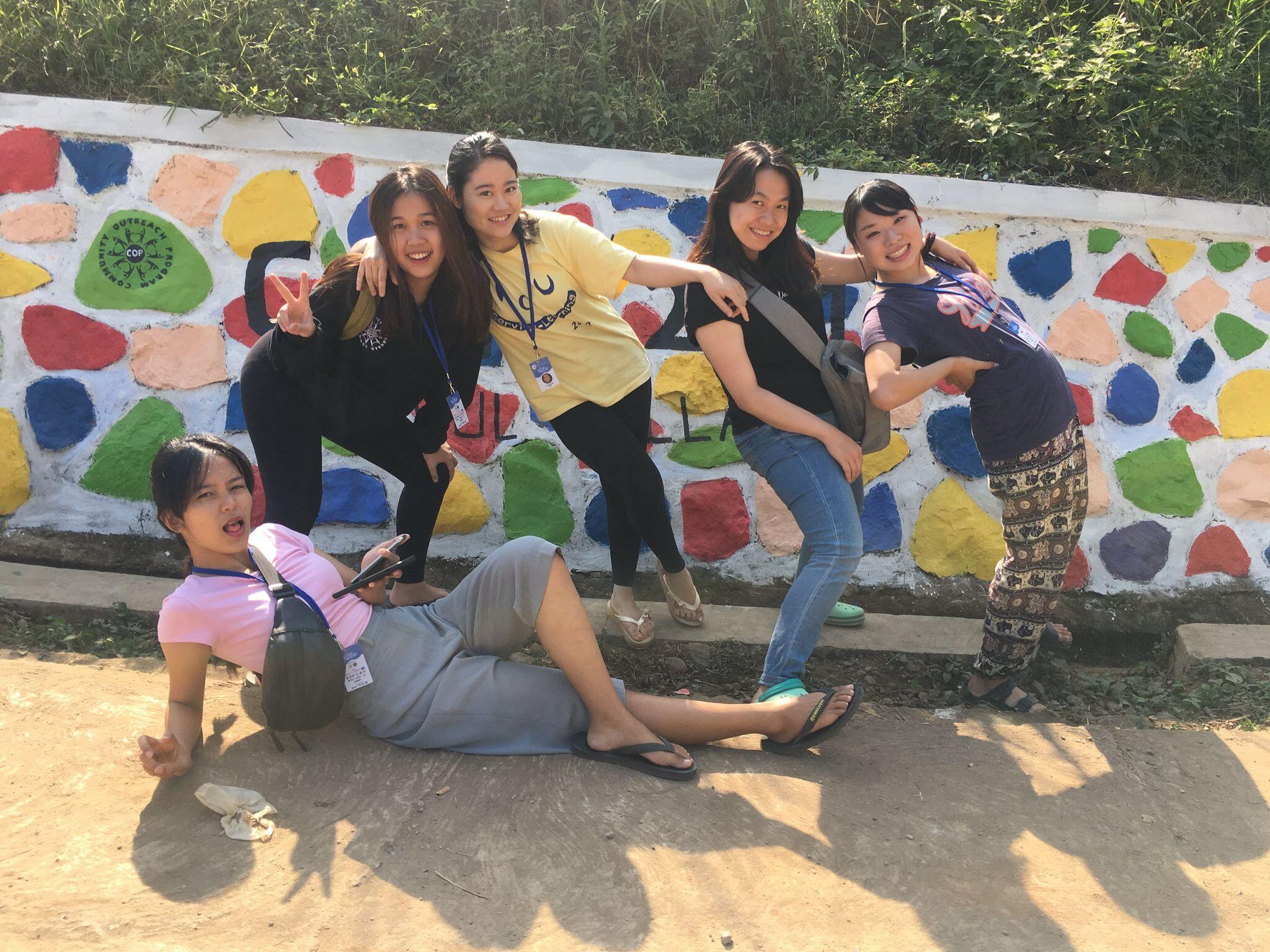
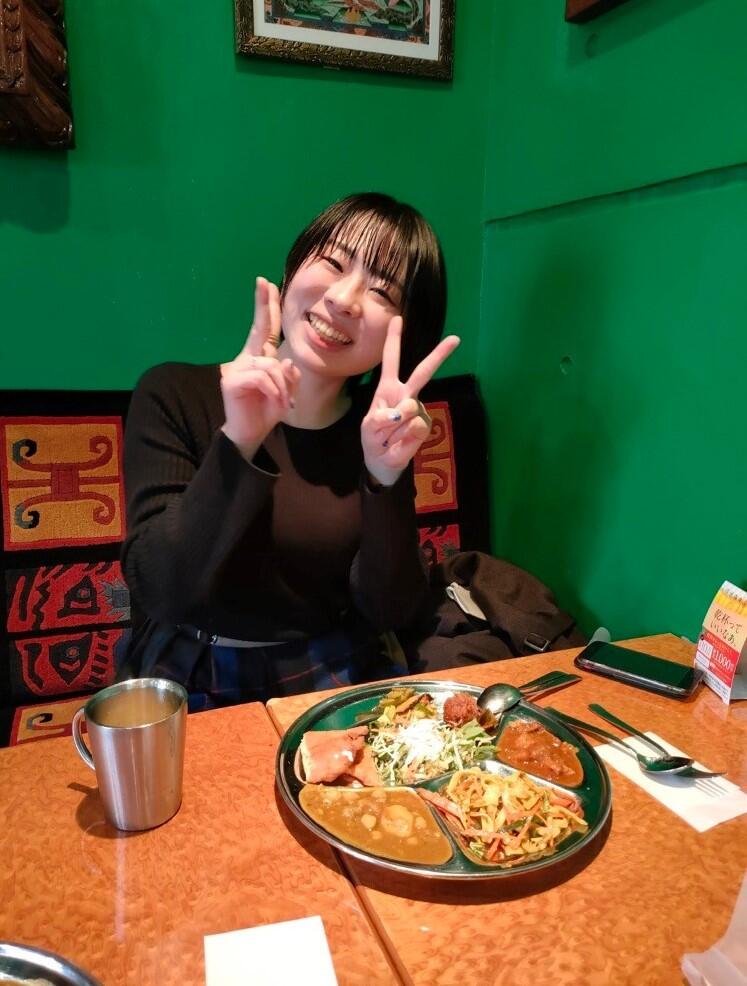
"Three ways to learn"
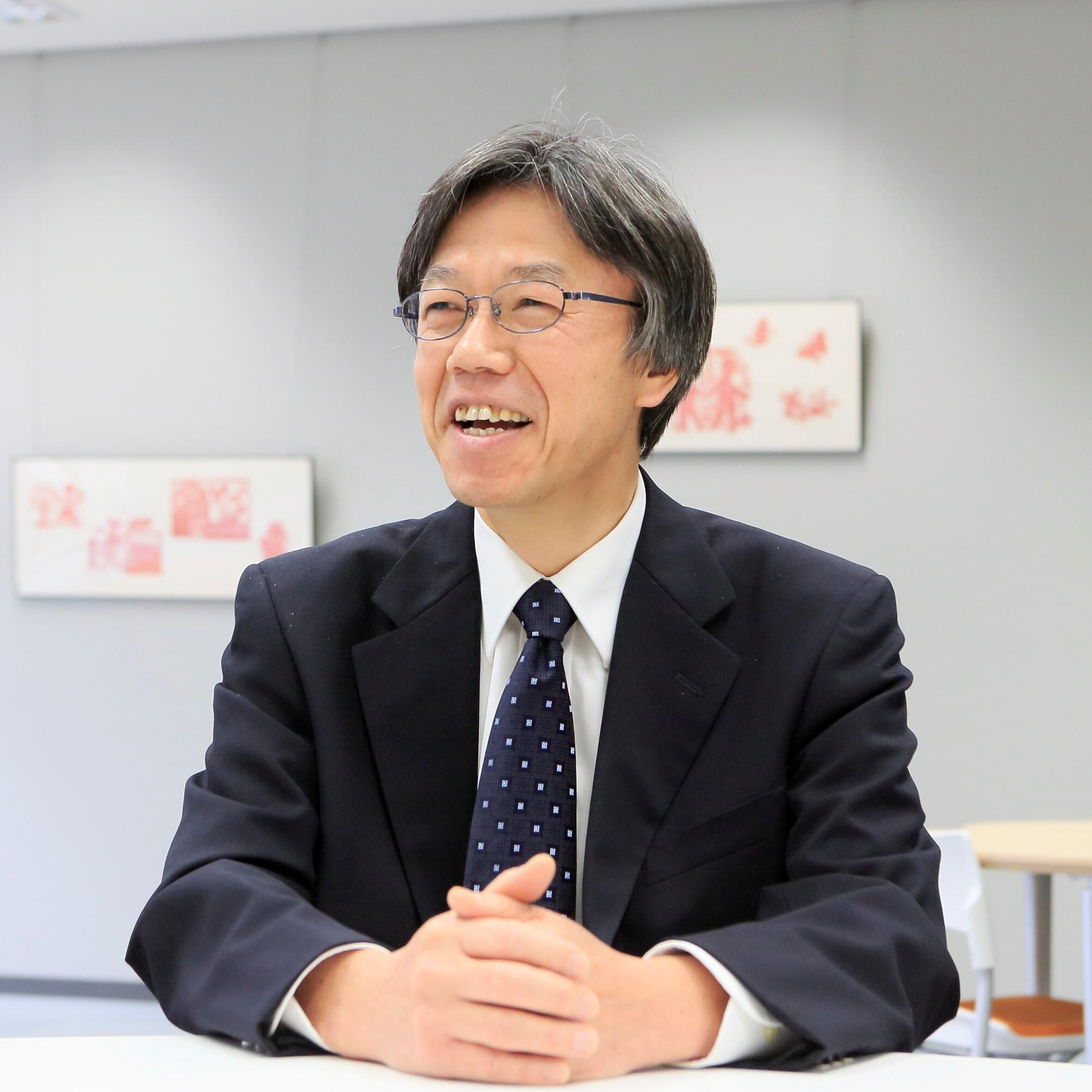 Takashi Nishio
Takashi Nishio
Professor by Special Appointment, International Christian University (to retire in March 2023)
Public Administration
Former Director of Service-Learning Centers (2005-2007, 2015-2017)
Since Community Service-Learning was offered in 1999, I have been involved in this program as a professor of local government, and I have learned a lot from it. The starting point for S-L is the concept of experiential learning (learning by doing), but the importance of learning by reflection (learning by doing) is also often emphasized to distinguish it from mere volunteering. However, in terms of my own learning, I feel that the element of learning by observation was significant.
During an activity at Silliman University in the Philippines, a group assigned to Habitat had nothing to do and asked me for help because housing construction had been completed when they arrived. A sociology faculty member at the university suggested that they visit the households and interview them, which turned out to be a valuable activity to experience the community due to its friendly nature. Concerns about the lack of work and monotony are common, both domestically and internationally, and I tell them to observe carefully and describe their workplaces. Then it is interesting to see critical reports that are different from the experience, such as the heavy use of faxes nowadays, or the awareness posters on the walls being out of season.
In every site or facility, a tour is organized at the time of the visit and is an effective first learning experience. At Kobokan, a welfare facility in Sumida Ward, the tour always takes us on a side trip here and there from the station to the facility to show us around and learn about the history and personalities of the community. As we go around the facility, we are impressed by the way the staff treats children and elderly people and by the natural way the director speaks to them. A student who had finished an activity here found a motto on the wall, "God is first, you are the second, I am the last," and noted that the Kobokan was just such a place.
The learning that can be gained from a casual observation is not small. One of my learnings was that careful observation can mediate between actual activities and learning through reflection.
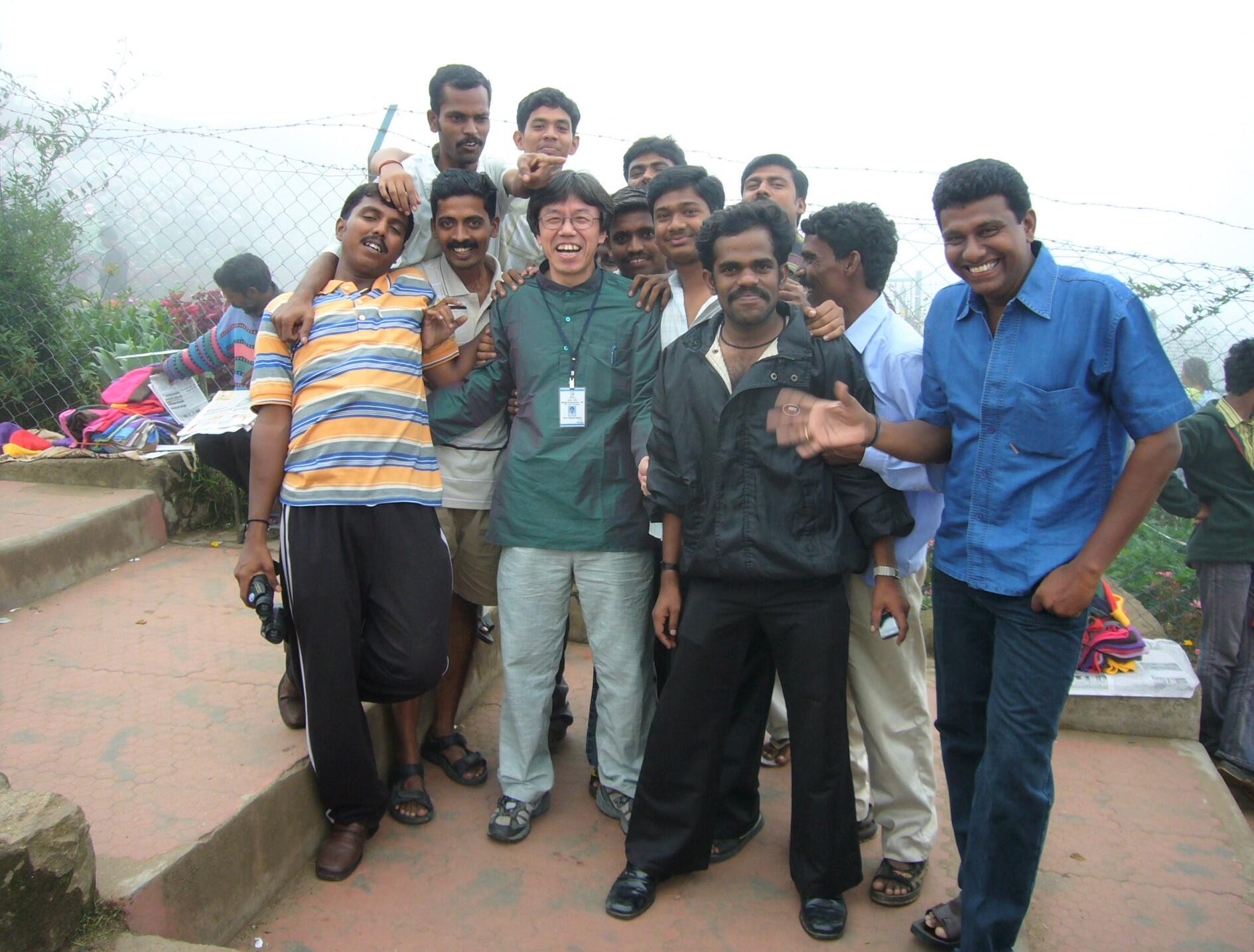
Left: Model class at Open Campus in August 2016; Right: at the International S-L Model Program in India in the summer of 2007
"ISL Coordinator Reflections"
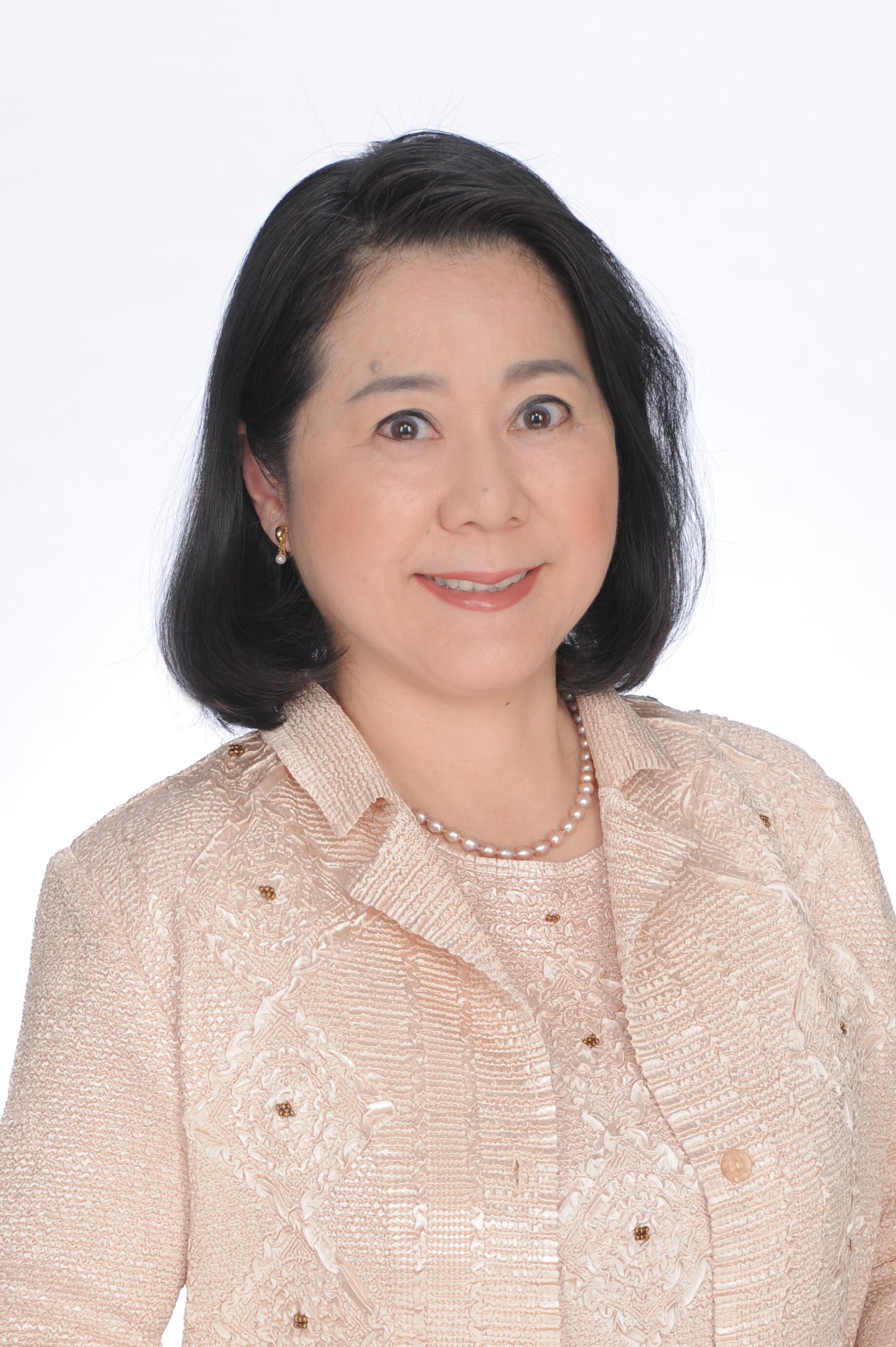 Hitomi Yokote
Hitomi Yokote
Coordinator and Lecturer, Service-Learning Center, International Christian University, Japan (to leave ICU in March 2023 due to contract)
I am Yokote, International Service Learning (ISL) coordinator, and would like to reflect on my retirement at the end of March 2023. ICU's ISL has been sending students to partner institutions mainly in Asia, but in recent years the number of destinations has expanded to other regions. In 2022, face-to-face ISL programs in South Africa and Ghana have been realized. I was newly involved in South Africa, Ghana, Argentina, and Indonesia (Dari K). Creating a new program is a time-consuming and labor-intensive process that involves gathering information, communicating with the host institution, and confirming the details of the program. It is rewarding to see the joy of creating together, overcoming time differences and cultural differences, and to see the expansion of students' learning. In principle, there is no guide at ISL program, so it is essential to build a relationship of mutual trust with our partners in order to implement the program and dispatch students. I hope that ICU students who are interested in going abroad and participating in ISL will continue to do so in the future. I also hope that they will apply what they learn abroad to solving problems in Japan and around the world.
Message from the Director of SLC
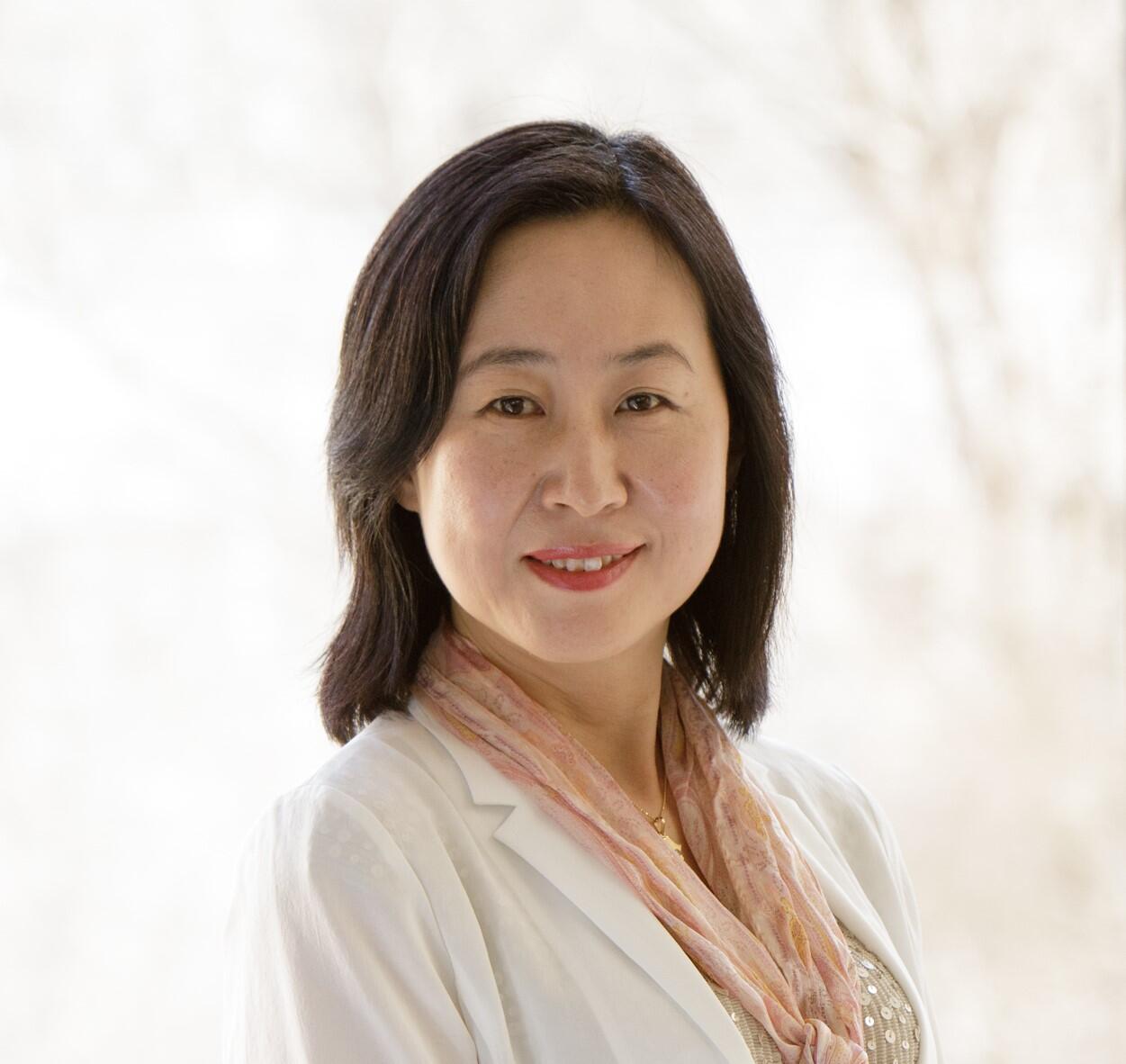 Mikiko Nishimura
Mikiko Nishimura
Professor, Sociology of Education and International Educational Development (completes her term as a director in March 2023)
Is Service-Learning Contributing to Society?
Does service-learning (S-L) contribute to society? Isn't it contradictory to give credit for voluntary volunteer work? Should S-L be mandatory for all students? How can we design an S-L that provides in-depth learning? These were the questions posed in dialogue with many partner institutions and university faculty, both domestic and international, throughout the past four years. There is no doubt that the experience of interacting with a variety of people through S-L and looking at oneself and society, including one's failures, will have a significant impact on each individual's later life, but the university also needs to look at the bigger picture. How will universities position themselves in society while remaining constantly aware of social issues? I believe that S-L has a role to play in connecting rather than separating the three roles of university education, research, and social services. May the day come when one out of every three students will take S-L and graduate.
Editorʼs note "New Academic Year’s Resolution"
![]() I will no longer be with ICU from April 2023 but will continue my service-learning journey as a lifelong learner. Thank you for all the support you have given me.
I will no longer be with ICU from April 2023 but will continue my service-learning journey as a lifelong learner. Thank you for all the support you have given me.
I wish you all the best.
![]() I will do my best for each of the fun (!) programs from March to August.
I will do my best for each of the fun (!) programs from March to August.
![]() This will be a year of "challenges" as I will be starting a new project in 2023. I want to be conscious of my peace of mind so that I do not exert myself too much or try too hard.
This will be a year of "challenges" as I will be starting a new project in 2023. I want to be conscious of my peace of mind so that I do not exert myself too much or try too hard.
![]() Last year I often found it difficult to take the first step to take action and time just flied by, but this year I would like to challenge myself to do things that interest me without procrastination, and be proactive this year.
Last year I often found it difficult to take the first step to take action and time just flied by, but this year I would like to challenge myself to do things that interest me without procrastination, and be proactive this year.
![]() Last year, I saw students burnt out from participating in too many classes and invloving in many extracurricular activities.
Last year, I saw students burnt out from participating in too many classes and invloving in many extracurricular activities.
This is true for me as well, and I want to face my work with a firm awareness of time management.


